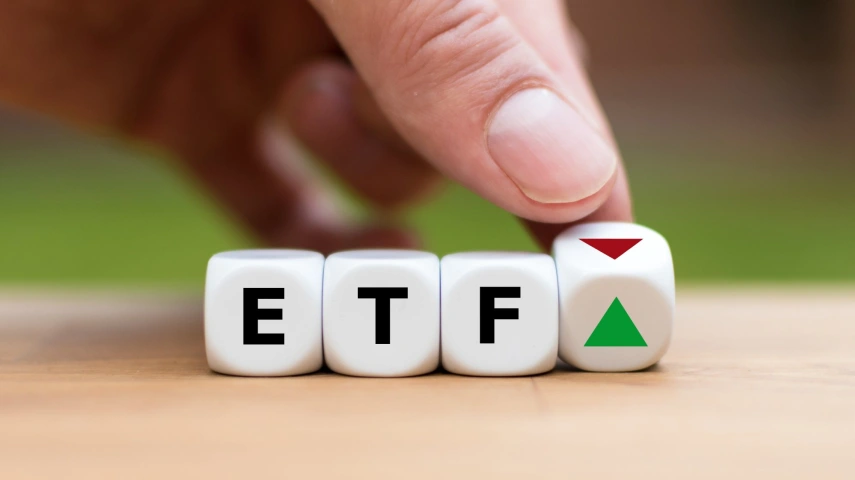Bitcoin ETFs receive ‘nod of approval’ from US regulators



Spot bitcoin exchange-traded funds (ETFs) have been approved by the US Securities and Exchange Commission (SEC), marking a “watershed” moment for the digital currency.
Announced by SEC chairman Gary Gensler, 11 spot bitcoin ETFs have now been deemed effective for listing and trading on CBOE, the New York Stock Exchange and Nasdaq.
This includes BlackRock’s iShares Bitcoin Trust, Fidelity Wise Origin Bitcoin Trust and the VanEck Bitcoin Trust, alongside nine other issuers.
While the US regulatory body has previously disapproved of the digital asset class in the past, Gensler described that approving bitcoin ETFs is the “most sustainable path forward”.
However, Gensler warned: “Bitcoin is primarily a speculative, volatile asset that’s also used for illicit activity including ransomware, money laundering, sanction evasion and terrorist financing.
“While we approved the listing and trading of certain spot bitcoin ETF shares today, we did not approve or endorse bitcoin. Investors should remain cautious about the myriad risks associated with bitcoin and products whose value is tied to crypto.”
According to Justin Arzadon, Betashares head of digital assets, the SEC’s green light represents a “watershed day for the maturity of bitcoin”.
“The SEC’s approval of spot bitcoin ETFs should add further confidence to the digital asset ecosystem and could pave the way for Wall Street to move deeper into cryptocurrencies as an asset class,” he said.
“While traditional finance has talked a big game about moves into digital assets, the reality has been more mixed in the wake of continued volatility for the sector. The decision by the SEC is expected to provide further confidence and legitimacy to the digital assets ecosystem.”
Moreover, US-based investors can now invest in bitcoin through a familiar ETF structure, rather than navigating unregulated exchanges.
Arzadon added: “The anticipated flows into US-traded spot bitcoin ETFs in the initial days after launch are expected to be significant and would serve as an endorsement of the global investor preference for ETFs over other investing structures.”
The digital assets head also warned investors to not get ahead of themselves when allocating towards the asset class, which still remains highly volatile.
“Depending on their circumstances, investors might then consider including a small allocation to digital assets within the alternatives component of their portfolio,” he said.
Global X ETFs also welcomed the decision as it marks a significant milestone for the cryptocurrency market alongside growing confidence from international regulators.
Evan Metcalf, chief executive of Global X ETFs Australia, commented: “The SEC’s approval affirms the maturation of the cryptocurrency space, strengthening its position as a legitimate and promising avenue for investors.
“This decision aligns with our vision of broader global acceptance of digital assets and addresses the escalating demand for investment opportunities in the cryptocurrency sector.”
Metcalf expects a period of heightened demand for these types of digital assets, particularly in the Australian market.
The ETF product provider was the first to launch spot bitcoin and Ethereum ETFs in the APAC region, with the Global X 21Shares Bitcoin ETF and the Global X 21Shares Ethereum ETF being the only spot cryptocurrency ETFs in Australia.
Click here to read about the move will affect financial advisers in Australia.
Recommended for you
Negative market movements, coupled with net outflows, have prompted a near $6 billion decline in Challenger’s funds under management for FY25’s third quarter.
The real estate investment manager has positioned the APAC region for future growth with an internal promotion to the newly created role of deputy head of Asia Pacific.
Clime Investment Management has welcomed an independent director to its board, which follows a series of recent appointments at the company.
Ethical investment manager Australian Ethical has cited the ongoing challenging market environment for its modest decrease in assets over the latest quarter.















